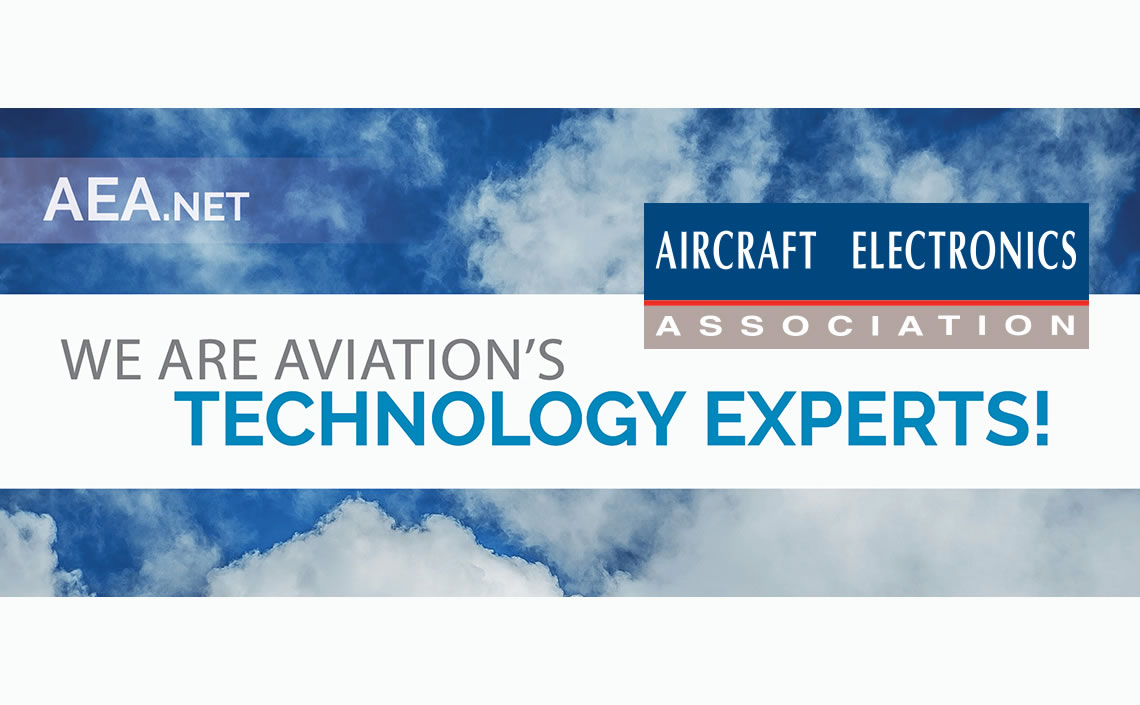The Aircraft Electronics Association is one of 42 aviation groups that is urging Congress to fully fund technician and pilot workforce grant programs. On Nov. 8, a broad coalition of aviation associations sent a letter to congressional leaders in both the United States House of Representatives and the Senate.
In part, the letter stated: “As the FY 2020 appropriations process enters its final phase and you work to craft a Transportation, Housing & Urban Development and Related Agencies appropriations conference bill, the undersigned 42 organizations reiterate their support for the new aviation workforce grant programs created by Section 625 of the Federal Aviation Administration Reauthorization Act of 2018 (Public Law 115-254) to address the shortage and recruit and educate the next generation of technicians and pilots. We urge you to include full funding ($5 million apiece) for both programs in the FY 2020 T-HUD bill.
“The temporary initiatives created by the FAA law will incentivize businesses, labor and pilot organizations, schools, and governmental entities to work together to pursue innovative new strategies to develop technical talent and encourage our next generation of pilots to pursue careers in aviation. This, in turn, will help ensure the continued global leadership of America’s aerospace sector.
“The new grant program for the aviation technical workforce will provide resources for scholarships, apprenticeships, establishing new training programs, purchasing equipment for schools and supporting career transition for members of the armed forces. To incentivize collaboration to solve the technician shortage, the law requires grant applications to be jointly submitted by a school, local governmental entity, and a business or labor organization.
“The new grant program for pilot education would support the creation and delivery of curriculum designed to provide high school students with meaningful science, technology, engineering, math and aviation education. The program has the potential to be a solution to the pilot shortage by reaching a diverse new audience and encouraging our nation’s youth to become the next generation of commercial, general aviation, drone or military pilots.
“Your leadership in providing full funding for these programs will build on the progress from the recent FAA law and help ensure our nation’s aviation industry will have the technical professionals and pilots needed to meet the growing demand for a well-trained aviation workforce.”
To read the letter in its entirety, click here.

